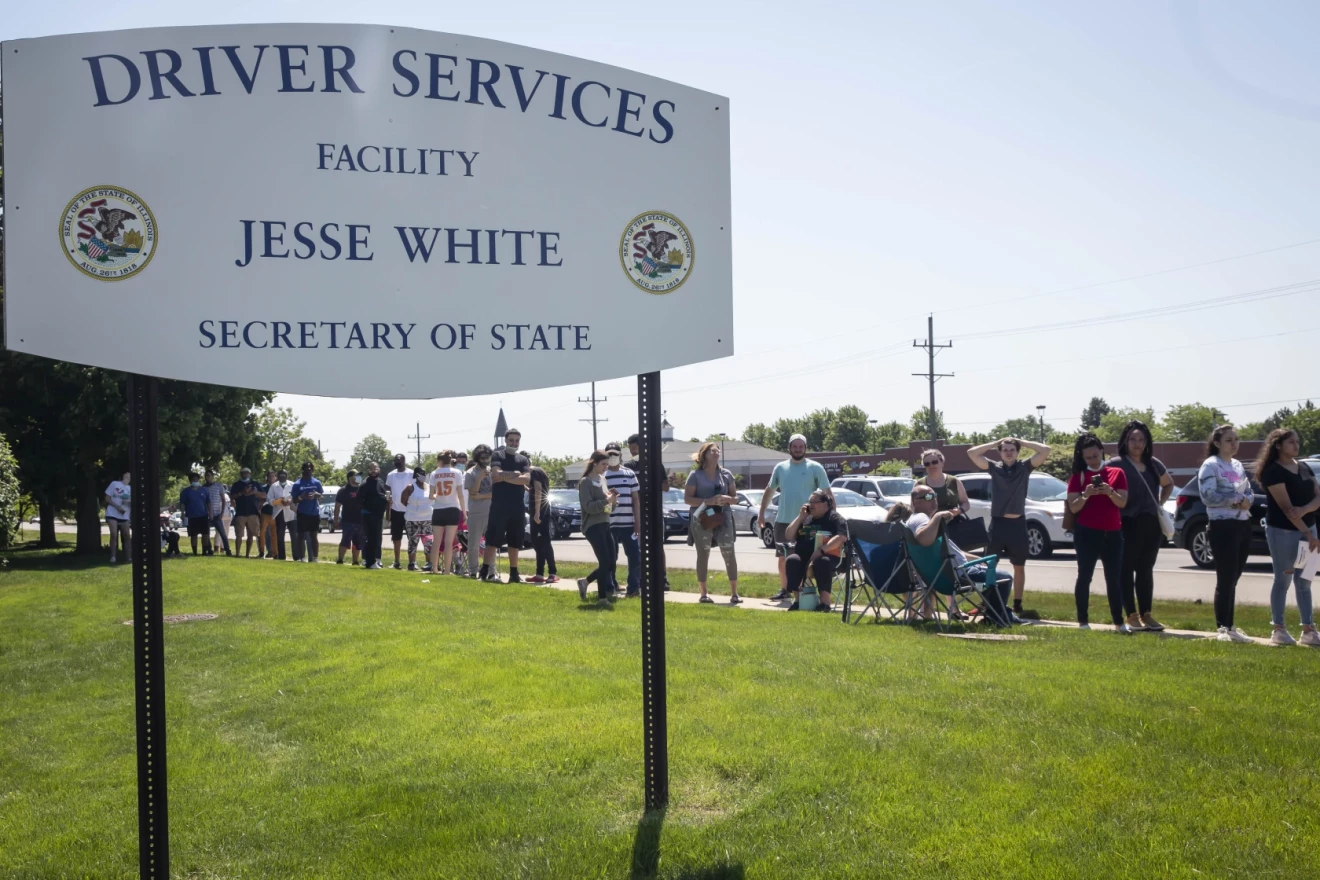Illinois Secretary of State Alexi Giannoulias is championing legislation that would allow Illinoisans to carry digital driver's licenses and state IDs.
The bill, sponsored by state Rep. Kam Buckner, D-Chicago, and state Sen. Michael Hastings, D-Frankfort, would allow residents to put electronic versions of their driver‘s licenses and IDs on their phones.
If approved by the General Assembly, residents could start carrying their digital licenses early next year, the Office of the Secretary of State said.
“Smartphones have become convenient places to store everything from movie tickets, boarding passes and credit cards,” Giannoulias said. “With technological advancements and additional safeguards to make it the most secure and state-of-the-art system in the nation, we’re confident Illinoisans will soon have the option to ‘carry’ a digital version of their driver’s license or state ID.”
While the bill would not eliminate the physical cards, digital licenses would act as a companion and be accessible on a resident's phone in case they don't have the physical copy.
Digital IDs could also offer more privacy than a physical card by allowing individuals to decide what personal information they share via contactless encrypted data exchange between their device and the reader. Residents could verify their age when purchasing alcohol, cannabis or renting a car, while hiding other personal information, such as their address.
“Innovation serves as the underpinning of our work to make lives better through better technology," Bucker said. "A digital ID is a logical next step when it comes to providing proof that you’re qualified to drive and identifying yourself at stores, banks and doctor’s offices."
“I’m confident this legislation will ensure that the implementation of digital IDs is done in the right way to protect the privacy of all Illinoisans," he added.
Twelve other states already offer digital licenses while 18 others are working toward implementation, the Office of the Secretary of State said.
The initiative could also help reduce office wait times and lines at drivers' license facilities because the digital platform will allow users to make changes to their licenses and IDs remotely without having to make an in-person visit, Giannoulias said.






